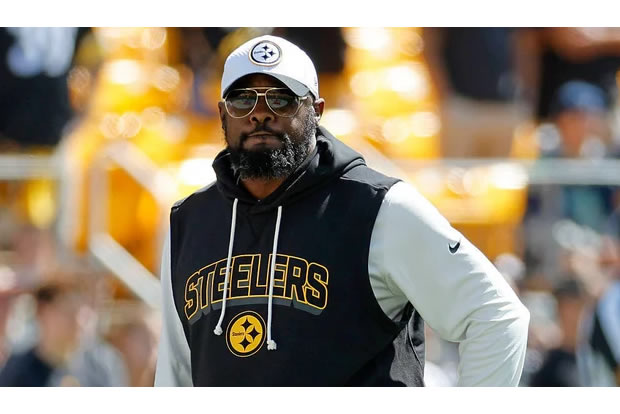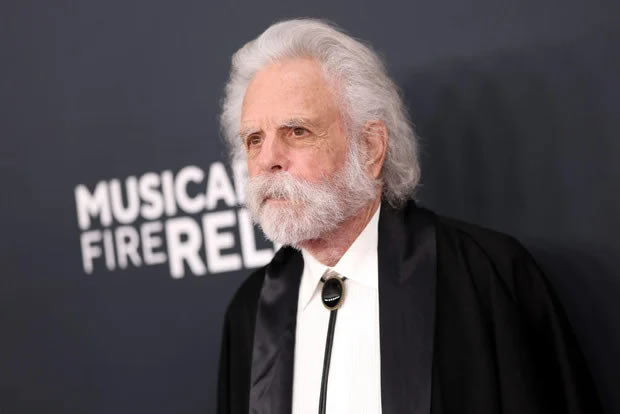
- The Thomson Reuters Foundation spoke to a former Amazon driver who quit the company.
- He said he left after Amazon installed AI-powered cameras in delivery vehicles.
- The decision to surveil employees has raised questions about workers’ privacy at the tech giant.
- See more stories on Insider’s business page.
Related: 9 things you probably didn’t know about Amazon

The Thomson Reuters Foundation published a report Friday about an Amazon driver in Denver for whom the company’s constant artificial-intelligence-driven surveillance proved to be too much.
Vic, who asked the Thomson Reuters Foundation to use only his first name “for fear of retaliation,” this month quit his job delivering packages for the tech giant.
He started work in 2019 and saw Amazon’s policies change to include more active means of surveillance. First there was an app tracking his route, and then the company wanted pictures of him at the beginning of each shift on another app, he told the foundation.
But the breaking point came, he told the Thomson Reuters Foundation, when Amazon announced that it would be installing AI cameras in its fleet of vehicles.
Insider reported in February that Amazon was equipping all delivery vehicles with AI camera systems called Driveri, manufactured by a company called Netradyne. The cameras are always on and scan drivers’ body language, the speed of the vehicle, and even drowsiness. The system then uses “automated verbal alerts” to tell drivers if a violation has been detected.
When Amazon announced the policy change and gave its drivers a deadline to agree to the surveillance protocols, Vic told Thomson Reuters Foundation that he decided to put in his notice.
“It was both a privacy violation, and a breach of trust,” he told the foundation. He also said that the company requiring drivers to agree to constant surveillance in order to do their jobs seemed like “a sort of coercion.”















+ There are no comments
Add yours